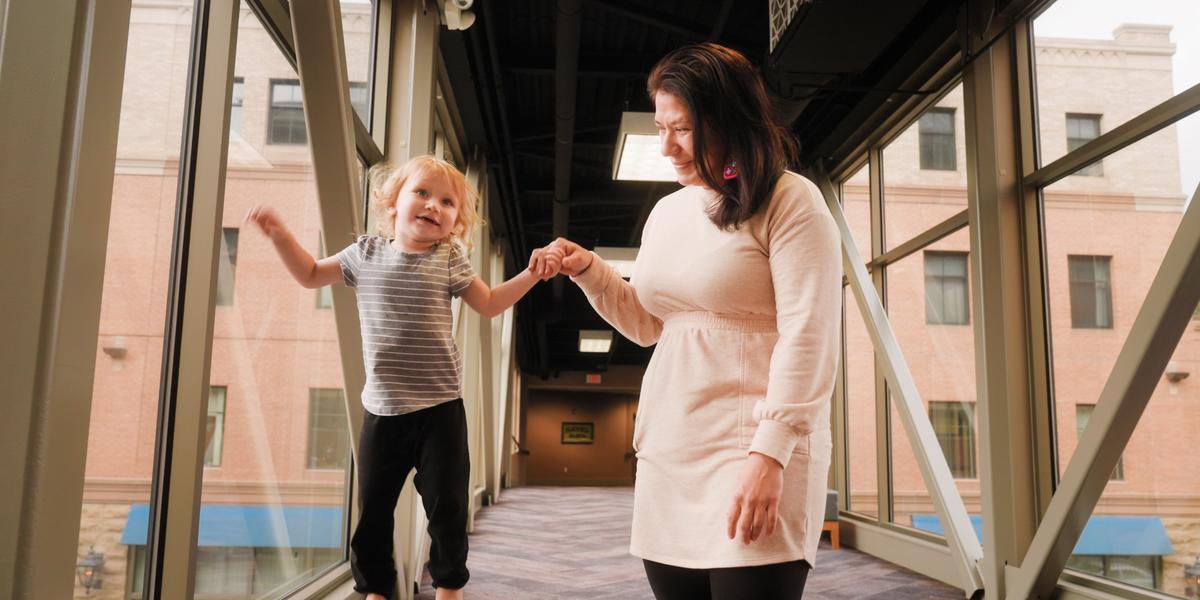
The Tribal Training and Certification Partnership at UMD trains social workers who work with Native American families.
In 1978, Congress passed the Indian Child Welfare Act (ICWA) in response to Native American children being removed from their homes and placed in foster care at disproportionate rates. Despite regulation, those rates have remained high. Today in Minnesota, Native children are still 16 times more likely than white children to be placed in foster care.
To address the issue, a two-day training program on ICWA was formed at UMD: The Tribal Training and Certification Partnership (TTCP) trains incoming and current child protection workers in Minnesota to work with Native families better. “Since January of 2020, we have trained about 1600 county social workers,” said Larissa Littlewolf, associate director of the TTCP, and member of the Turtle Clan and Leech Lake Band of Ojibwe.
The training is part of the Minnesota Child Welfare Training Academy. It begins with a historical context of the US government's interactions with Native families that have led to decades of trauma, followed by lessons on how to comply with ICWA. Eventually, all county social workers in Minnesota who work with child protection cases will be mandated to go through the training.
“We’re really working on the spirit of ICWA,” Littlewolf said. “Building relationships with families, meeting them where they’re at.”
Related articles:
Preserving Native families
Transforming child welfare
Using an indigenous lens
Federal grant to train tribal child welfare workers
Heart work: Training social workers to keep Native children home (MPR story)






















No comments:
Post a Comment
Please: Share your reaction, your thoughts, and your opinions. Be passionate, be unapologetic. Offensive remarks will not be published. We are getting more and more spam. Comments will be monitored.
Use the comment form at the bottom of this website which is private and sent direct to Trace.